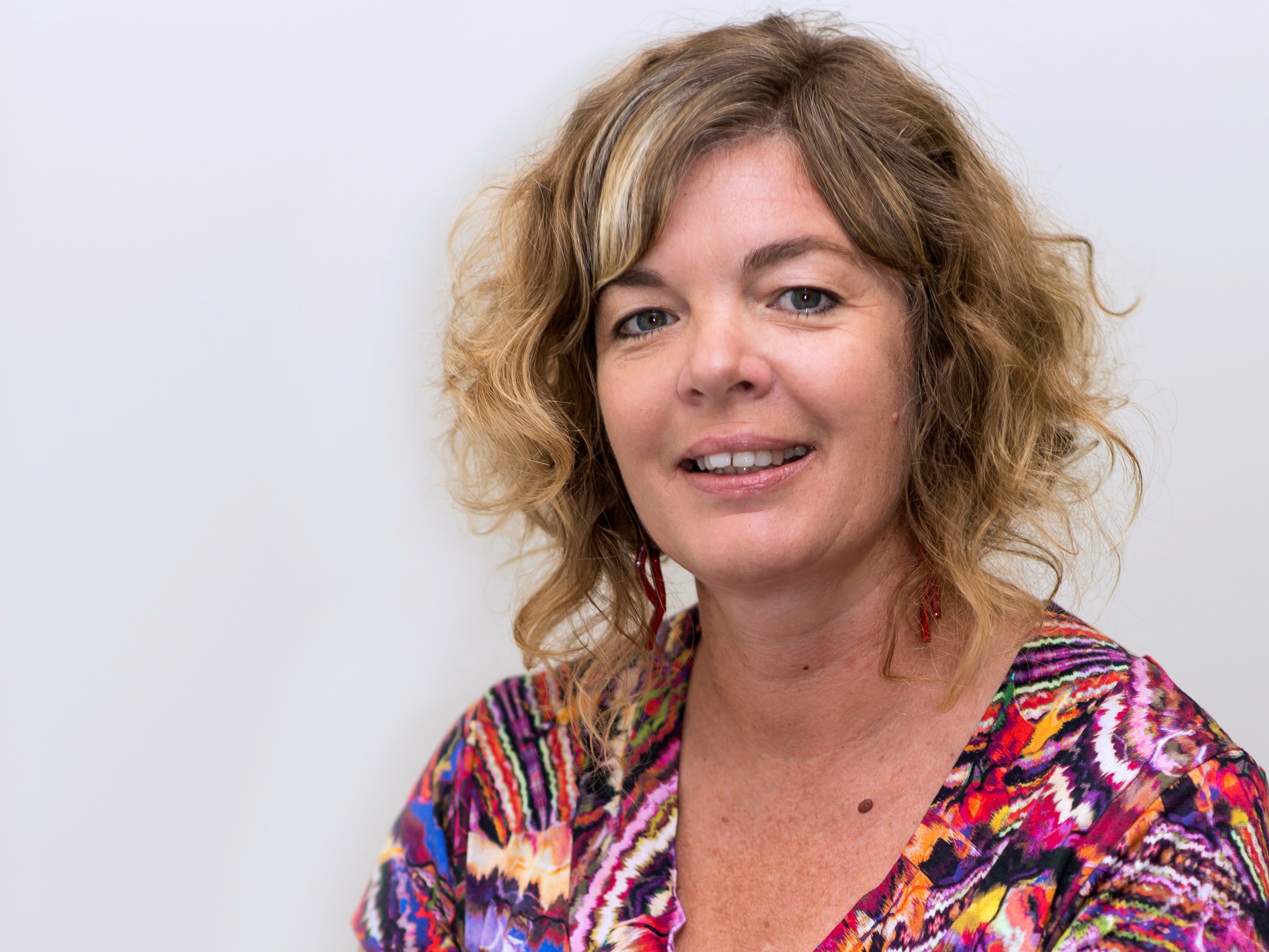This morning, Jacinda Ardern announced Professor Juliet Gerrard will replace Sir Peter Gluckman as the Prime Minister’s Chief Science Advisor on July 1, serving a three-year term.
A biochemist, Prof Gerrard is the Associate Dean of Research at the University of Auckland and previously served as chair of the Marsden Fund Council.
Sir Peter Gluckman has held the role since it was established in 2009 and his influence will have a lasting legacy. Dr Andrew Cleland, Chief Executive of the Royal Society Te Apārangi told the SMC: “As the recent response from the Government to Sir Peter Gluckman’s methamphetamine contamination report shows, the role of Chief Science Advisor is a critical one for New Zealand to ensure that policy is backed by evidence.”
In the press conference, Prof Gerrard said: “he and I look very different and sound very different, and we’re going to have very different approaches to this role. But we absolutely share a common way of thinking and a belief that… careful assessment of scientific evidence informs good decisions.”
The latest report to come from the Office was released this morning on youth offending. Produced by the Science Advisor to the Justice sector – Associate Profesor Ian Lambie – the report calls on the Government to adopt a ‘developmental crime prevention’ model to prevent kids entering the ‘prison pipeline’. This follows an earlier report from Dr Lambie stating that ‘tough on crime’ policies don’t help our prison system. Dr Lambie told Newshub “the most effective and cost-effective way to reduce prison costs is to prevent kids getting into crime at the earliest opportunity.”
Associate Professor Joe Boden from the University of Otago told Mark Sainsbury on RadioLIVE that the report outlines a series of interventions that can prevent youth offending “starting in the preschool years and working all the way up through adolescence”.
However, ‘tough on crime’ policies win a lot of support with the voter base. Emeritus Professor from Victoria University of Wellington, Tony Taylor, told Stuff.co.nz: “matters related to delinquency, crime, disorder, aggression, drug-taking, family violence and all the rest of it have been used at election times to create fear,” noting that the report confirms that “boot camps have been absolutely no good and made those on the criminal track more determined.”
As Dr Boden told RadioLIVE, “one of the main issues is how you are able to sell to the public the fact that there will need to be a significant investment early on that’s probably not going to show a payoff for 10, 15, 20 years… there’s going to need to be some general agreement among the parties that this is the way to go.”
The SMC gathered expert comments on Prof Gerrard’s appointment and the youth offending report, both of which were covered widely by local media.
TVNZ: Prime Minister’s new Chief Science Advisor announced by Jacinda Ardern
Stuff.co.nz: PM Jacinda Ardern announces new science advisor
NBR (paywalled): Juliet Gerrard appointed Prime Minister’s chief science advisor
TVNZ: ‘I’m absolutely thrilled’ – PM announces new Chief Science Advisor
Newshub: Early prevention the key to reducing youth crime – chief science advisor’s report
NZ Herald: Forget boot camps – early intervention is the key to reducing youth offending, new study says
RadioLIVE: Early intervention the key to reduce youth crime – report
Stuff.co.nz: Office of PM’s Chief Science Advisor argues for developmental crime prevention model for young offenders
RadioNZ: Tackling youth crime: Intervening earlier is better
